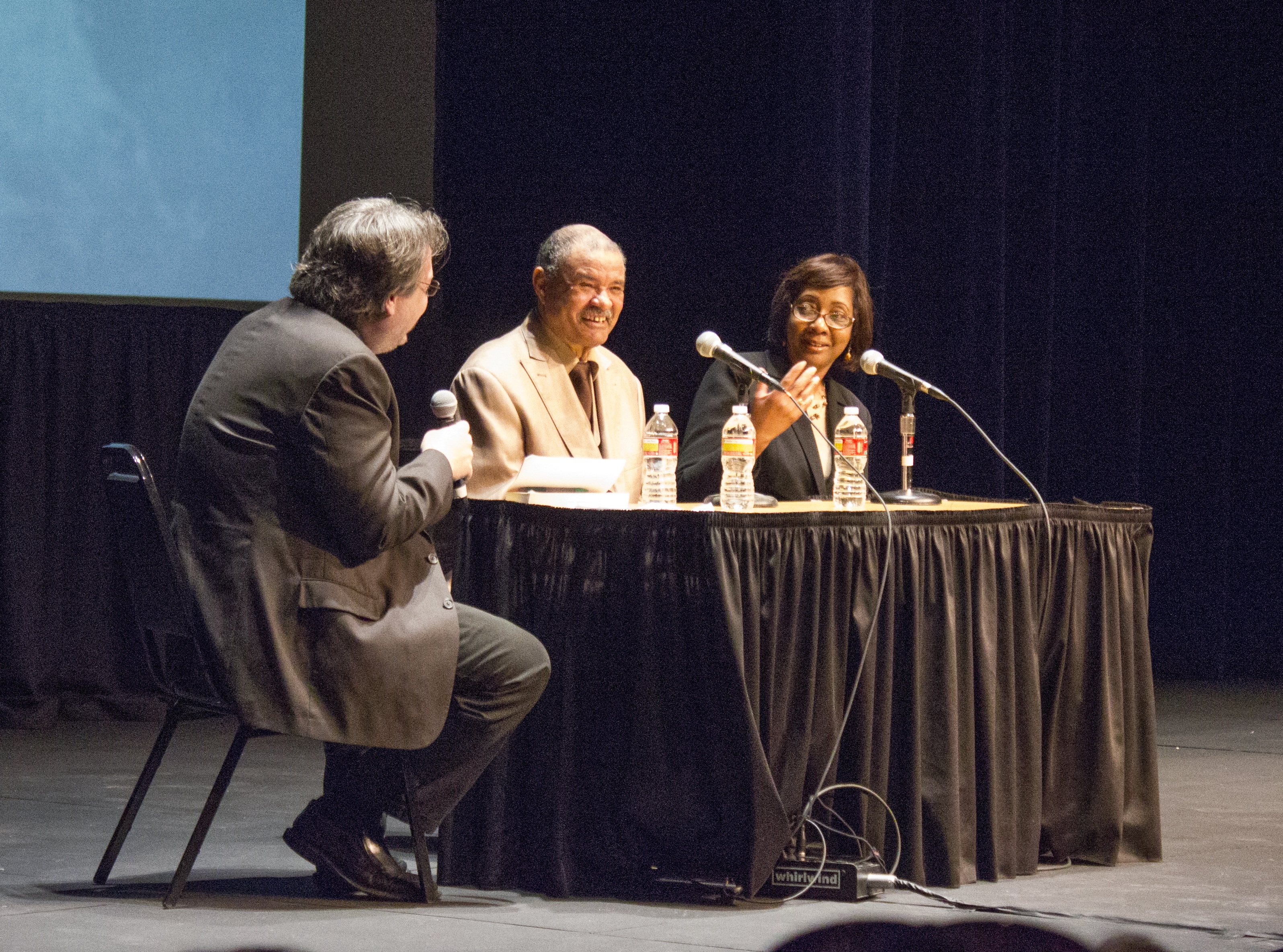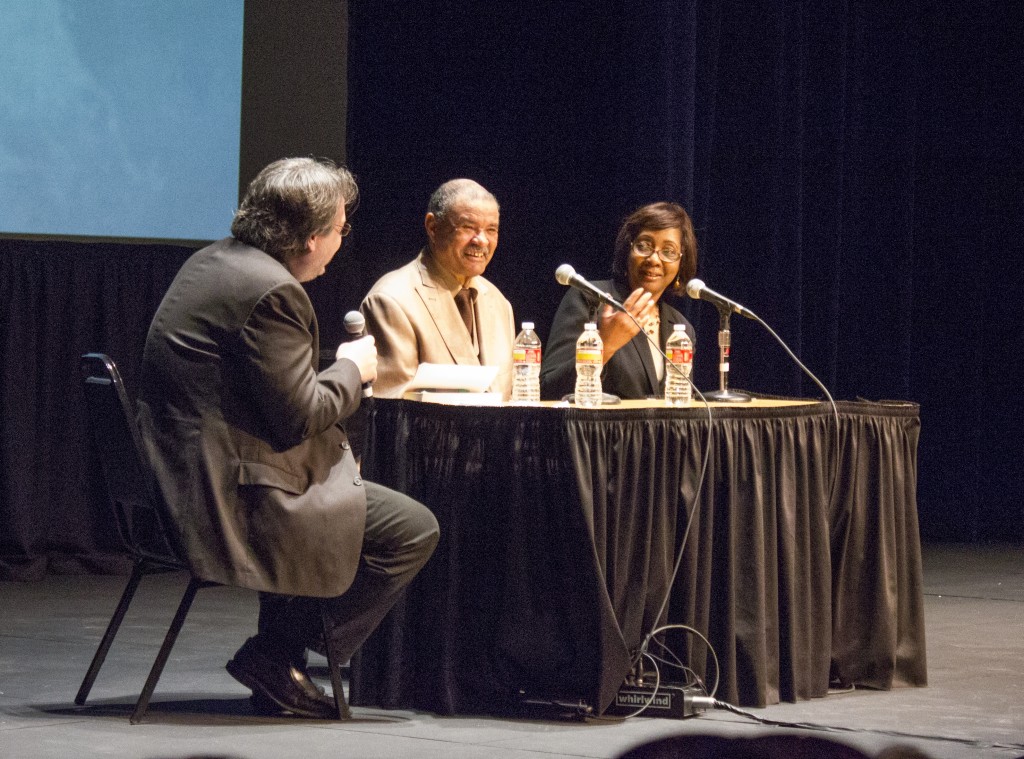Immortality means many things to different people. In the case of a young black woman named Henrietta Lacks, immortality means to truly live forever, biologically speaking.
In 1951, Lacks went to John Hopkins Hospital with concerns about a tumor. That tumor ended her life, but some samples of the cells in and around the tumor were extracted. The cells were hearty and grew at an amazing rate, even taking over cells around them. These cells have become famous in medical science, referred to as HeLa cells after the deceased donor. They were most famously used in the experiments that led to the polio vaccine.
In 2009, Rebecca Sloots authored the book “The Immortal Life of Henrietta Lacks,” detailing the situation surrounding her story. This book has been discussed in many classes at the college, including nursing, dental hygiene and English classes.
Lacks’ son David and his wife Shirley are touring colleges and answering questions students have about the information Sloots presented in her book. On March 28, English professor Danny Alexander moderated an open discussion with David “Sonny” Lacks and his wife in the Polsky Theatre.
“David and Shirley Lacks have been touring schools for months,” Alexander said. “There were some health issues that might have caused concern, but I feel the interview went well and we are definitely glad to have them here.”
David Lacks was four years old when his mother Henrietta passed. His only memory of his mother is the funeral, “Something I will always treasure,” David said.
Deborah, David’s deceased sister, was the family member from which Sloots drew most of her information. Both Shirley and David recounted anecdotes of Deborah, calling her quite the family character. Perhaps the best description given of her was the hamster story, in which she performed mouth to mouth on a dying hamster.
“Who does that?” David said. “I’m going to put a straightjacket on her.”
The issues of racism and cultural differences came up during the discussions. Alexander said he was “schooled on the racial and cultural issues” presented in the book.
In response, Shirley said, “Times have changed, but the older generation keep [racial issues] in the forefront.”
David expressed a great deal of admiration for his mother. He felt she would be proud of her legacy, and he expressed pride in his family for donating tissue and cell samples during the 1950s.
During the discussion, David also told of his experience when he visited John Hopkins Hospital, and how it was fascinating to “see the [HeLa] cells divide, multiply, and take over other cells.”
Henrietta Lacks has supplied science with a series of experiments with her HeLa cells. Modern ethical code no longer allows for cells to be taken without the consent of the donor.
David feels the good the cells have done are adequate compensation. Shirley would like to see the profits from the research used to provide healthcare for those who cannot afford it.
While a great deal of attention is given to the medical advancements the HeLa cells facilitated, David has a different view of his mother. To him she is a hero, but most importantly, “She was a mother, she was a wife, she was a person,” he said.
Contact Michael “Bernie” Fancella, special to the Ledger, at mfancell@jccc.edu























